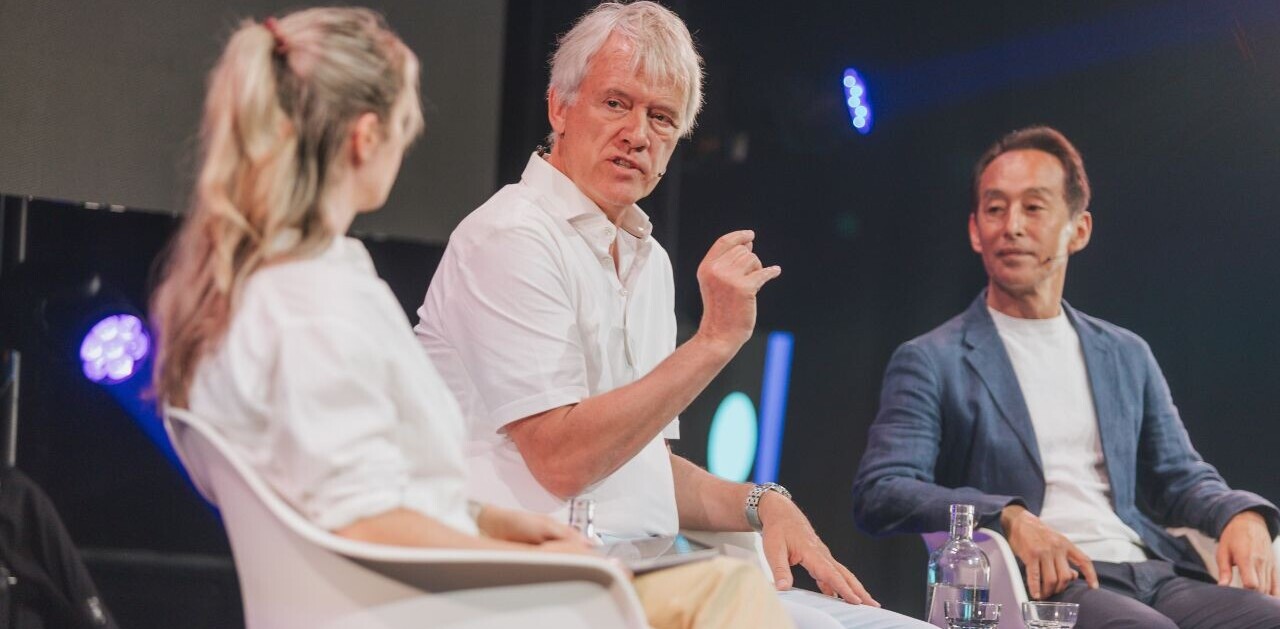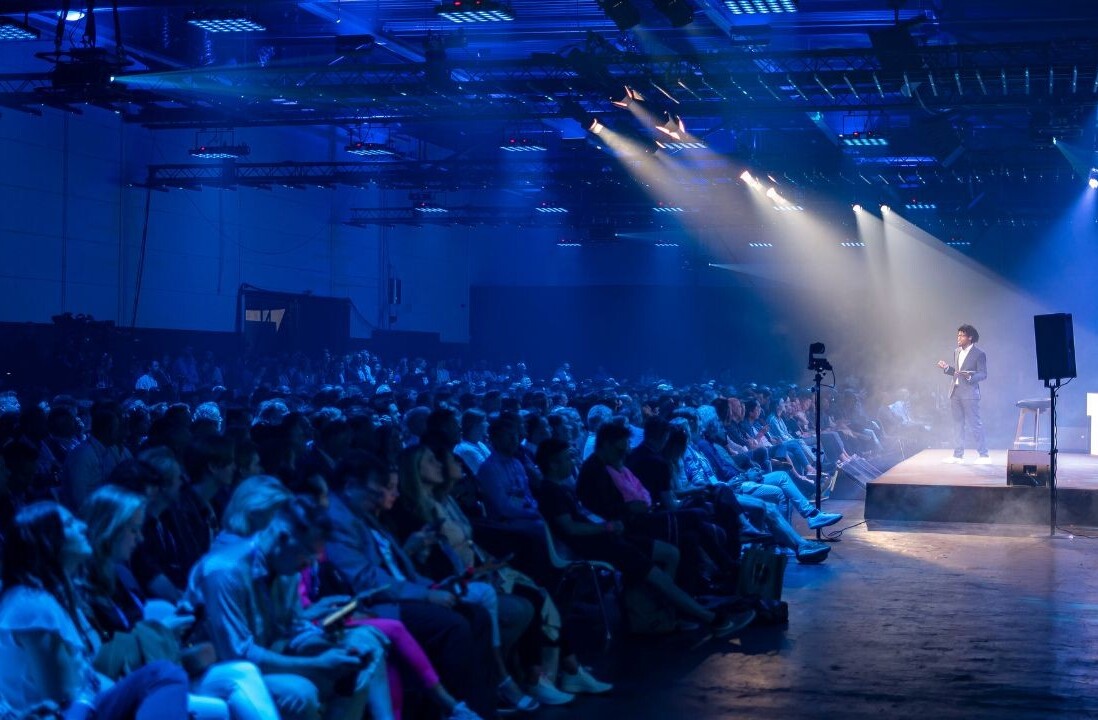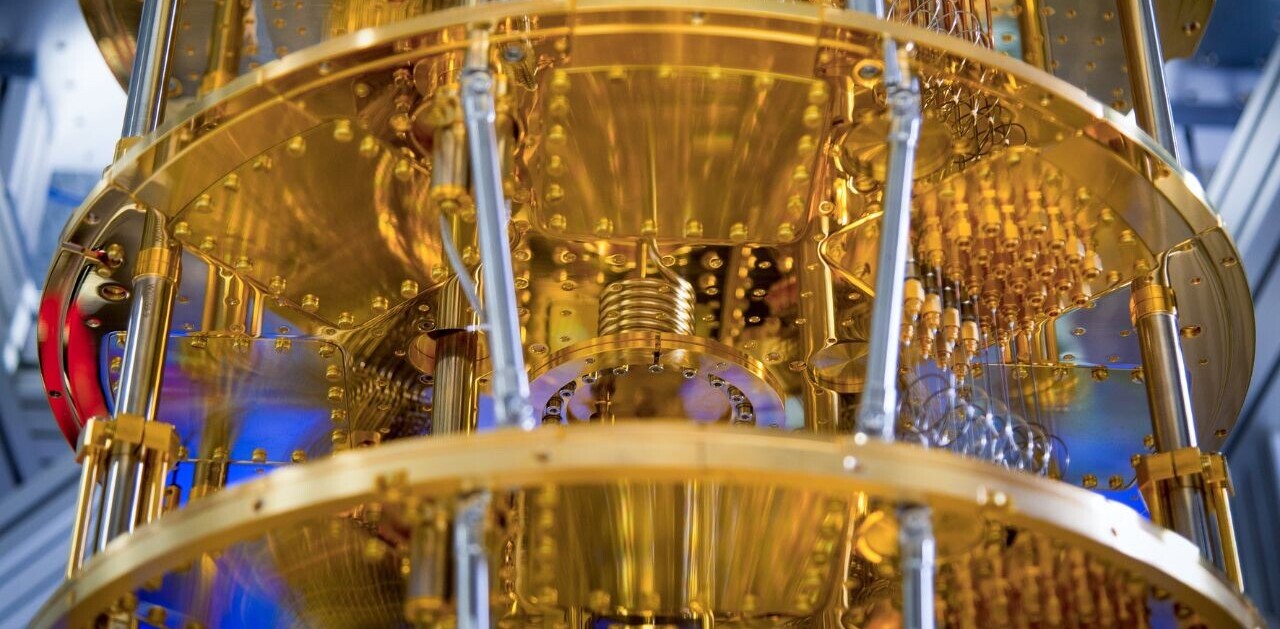
AI might be ready to disrupt how businesses operate, but businesess aren’t ready for the AI transformation.
According to Cisco’s AI Readiness Index for 2023, only 14% of businesses across the globe are prepared to leverage and deploy artificial intelligence. European companies in particular also struggle to train their employees on AI use and develop a clear strategy for responsible AI.
“At the moment, businesses aren’t well-equipped to deal with AI,” David Shrier tells TNW. “It’s not going as fast as it should.”
Shrier is a futurist and leads venture studio Visionary Futures LLC, which supports companies in their growth and invests in early-stage businesses. He’s also an appointed Professor of Practice at Imperial College London and a Visiting Scholar with the GEAR Lab at the School of Engineering at MIT.
When it comes to aligning AI ambition with practice, Shrier offers advice in three parts: “Build new skills, put processes in place so that you can do it at scale, and change your corporate governance.”
But what exactly does this entail?
Establish new processes around AI
“So first of all, you need to build expertise around artificial intelligence, so that CEOs, boards of directors, and employees know what it can and what it can’t do,” Shrier says.
Another key factor is understanding where the company’s data is going when using AI tools and, in turn, how to manage and prevent leaks and cybersecurity risks. The stakes are high indeed, with employees reporting they have used AI without their manager’s knowledge, and even prompted tools like ChatGPT with confidential data.

Once these benchmarks are set, a critical step is ensuring algorithm audits on a regular basis. Another step is putting governance in place. This includes an AI committee which is chaired by an AI Officer — a new C-level function that would report to the CEO and provide insights to the board.
Rebuild workforce skills
Companies should also invest in human capital and rebuild their workforce to be AI ready. “Get your people to understand AI,” Shrier emphasises.
Specifically, employees need to develop cognitive flexibility, the ability to learn new things every three to six months — also called “flash growth.”
The new skillset should also focus on what humans are better at than AI. This includes soft skills such as creative exploration, emotional intelligence, relational skills, and working with teams.
“So if AI replaces a lot of analytics and process functions, humans still have a role to play because they’re good at these other things,” he explains.
Explore AI-powered growth
Once these systems are in place, companies can really leverage what AI can deliver. “You can make your people at least 10 times if not 100 times more productive and your business 10 times, 100 times larger,” Shrier notes.
One way to do that is using AI to capture collective intelligence. This means blending the right percentage of expert projections and the wisdom of the crowd with the help of algorithms.
Another alternative is to create a “corporate GPT,” an AI that is tailored to a company’s data, processes, and culture — and teach employees how to use it. “This way you have these enhanced humans that are working with your corporate knowledge to do things 10 times better,” Shrier says.
Shrier believes that with this new technology we have the ability to improve human productivity in a transformative way.
“In an ideal AI future we are unlocking greater human potential. And we’re achieving more and building a utopian society,” he explains.
“Imagine if we had a 20-hour work week or a 15-hour work week. And people had more time to spend on leisure and with their families, and yet, we had greater economic prosperity. And everyone was fed and had clean water and housing.”
Shrier’s main concern is whether the gains of AI will go to five or 7.5 billion people — and that indeed makes all the difference as to how humanity will stand to benefit from the technology.
David Shrier is speaking at this year’s TNW Conference on June 20-21 in Amsterdam! If you also want to experience the event (and say hi to our editorial team!), we’ve got something special for our loyal readers. Use the code TNWXMEDIA at checkout to get 30% off your business pass, investor pass or startup packages (Bootstrap & Scaleup).
Get the TNW newsletter
Get the most important tech news in your inbox each week.





